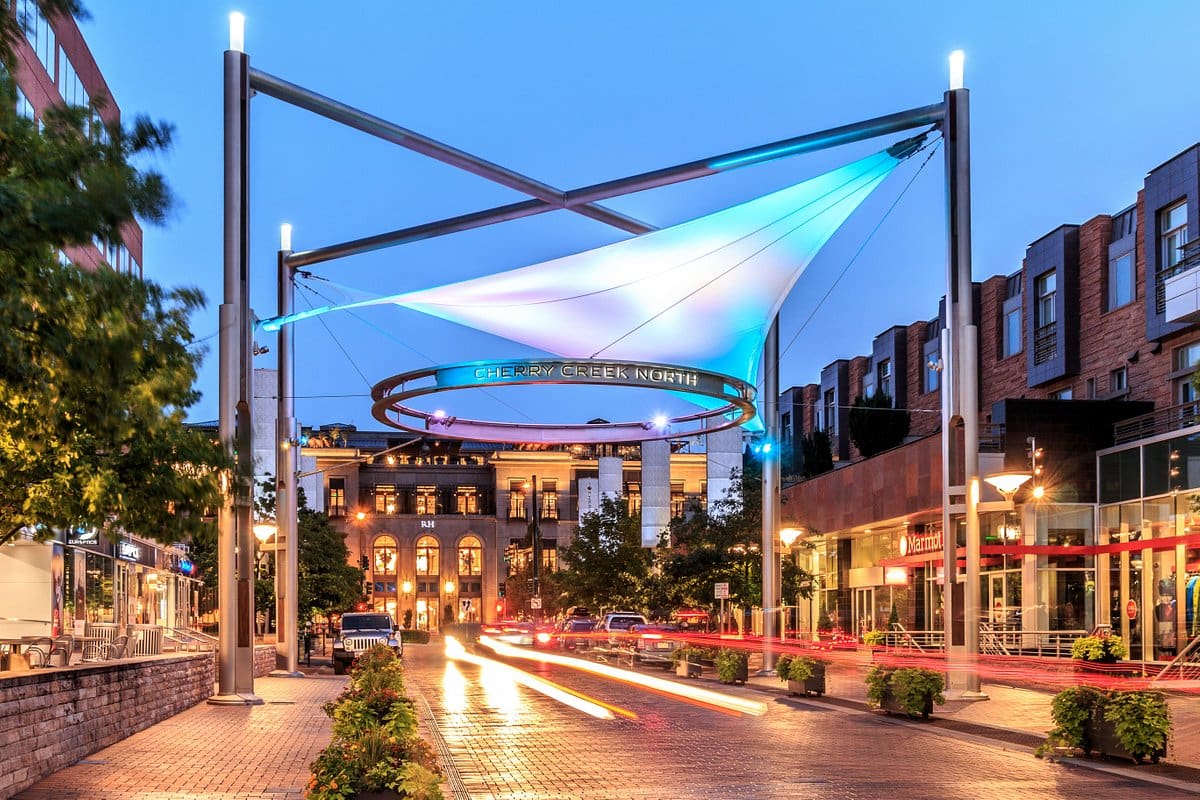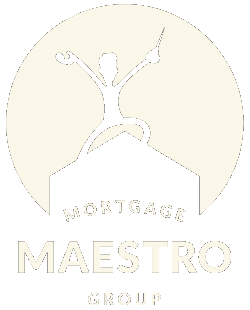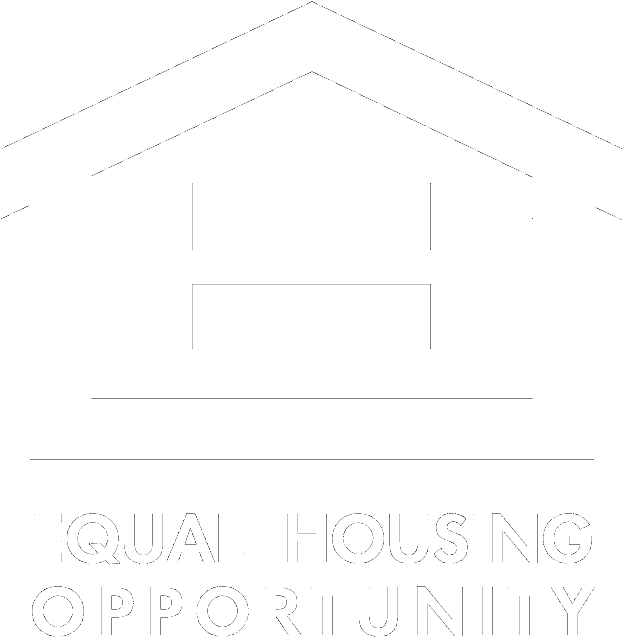Skyrocketing home prices over the last five years have forced more families to consider purchasing manufactured homes. Manufactured homes cost significantly less and, in some cases, represent better value than even a typical starter home. Unfortunately, the homes are notoriously difficult to finance. There are reasons for it.
For the purposes of this post, consider a manufactured home what we used to call a mobile home. Mortgage lenders and mortgage brokers differentiate between manufactured homes and their site-built counterparts. Most will not touch manufactured homes, leaving a small number of private lenders to take on the lion’s share of manufactured housing financing.
Not Truly Mobile
We have gradually made the transition from ‘mobile home’ to ‘manufactured home’ when it comes to terminology. The old term was coined based on the fact that homes are manufactured in factories and then transported to home sites via truck. Most mobile homes are actually built on steel girders with axles and wheels underneath. Thus, a mobile home has its own built-in trailer.
Today, we prefer to call them manufactured homes for one simple reason: they are not truly mobile in the same sense as a camping trailer or RV. Once a manufactured home reaches its final destination, it usually stays there. Though there are exceptions to the rule, most owners never even think about moving their homes because doing so would cost more than buying a new one.
The Financing Issue
So, why is it so hard to finance a manufactured home? Unfortunately, potential buyers have several things working against them. Here are the top three issues:
1. The Homes Are Considered Personal Property
Manufactured homes are not considered real estate in the traditional sense of the word. Most states classify them as vehicles due to the fact that they could be moved if they had to be. But they are not really vehicles at all. Treating them as personal property is essentially a middle ground compromise.
This is a problem for mortgage lenders for the simple fact that personal property doesn’t qualify for mortgage lending. Personal property is covered by a personal loan, and few banks are willing to write personal loans worth tens of thousands of dollars.
2. A Lack of Real Property
The next issue is the longstanding practice of locating manufactured homes in rental parks. Historically, homeowners have rented their lots from property owners. Although resident-owned parks do exist, they are not the norm. So, why is this a problem?
Homeowners renting their lots do not own real property. Therefore, mortgage lenders consider financing manufactured homes too risky. They stand to lose too much money in the event of default.
3. Bundling and Holding
Finally, the third issue is the lending industry’s bundling practice. Mortgages for site-built homes are almost always packaged and sold as investments. Lenders engage in this practice to help minimize losses in the event of large-scale defaults. But because manufactured homes are considered personal property, loans written for them cannot be bundled and sold. Instead, lenders hold them in a portfolio.
Holding loans in a portfolio puts all the risk on the lender. As such, lenders minimize their risks by making it harder to qualify for a manufactured home loan. The majority of applications are rejected because buyers cannot meet the qualifications.
Our role as a mortgage broker allows us insight into the problem with financing manufactured homes. Unfortunately, it is a catch-22 for home buyers. A form of housing that is considerably more affordable is out of reach due to insufficient funding options. It is a situation that many of us in the mortgage industry wish we could change.
Contact us today if you are considering loan options for your traditional home financing.
Mortgage Maestro Group – NMLS #1838215












